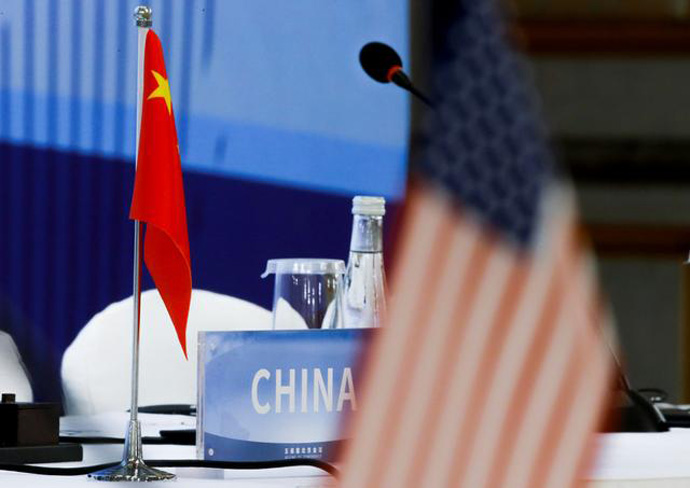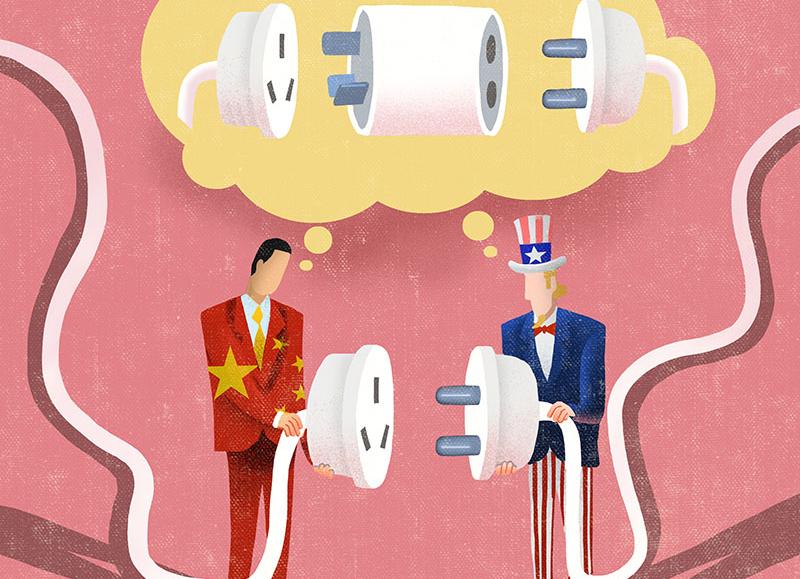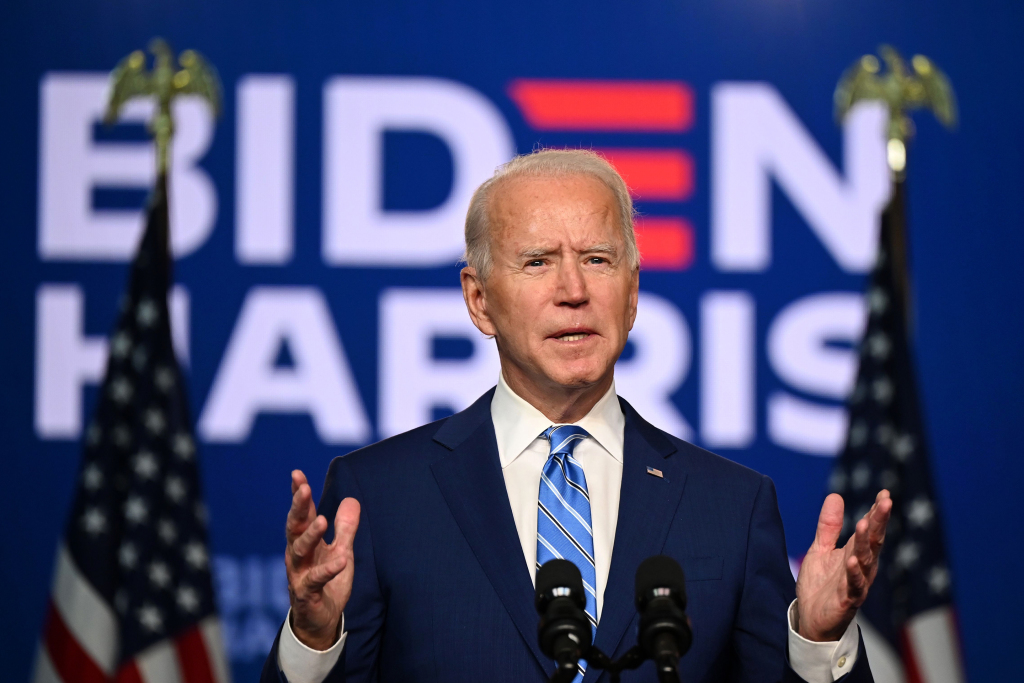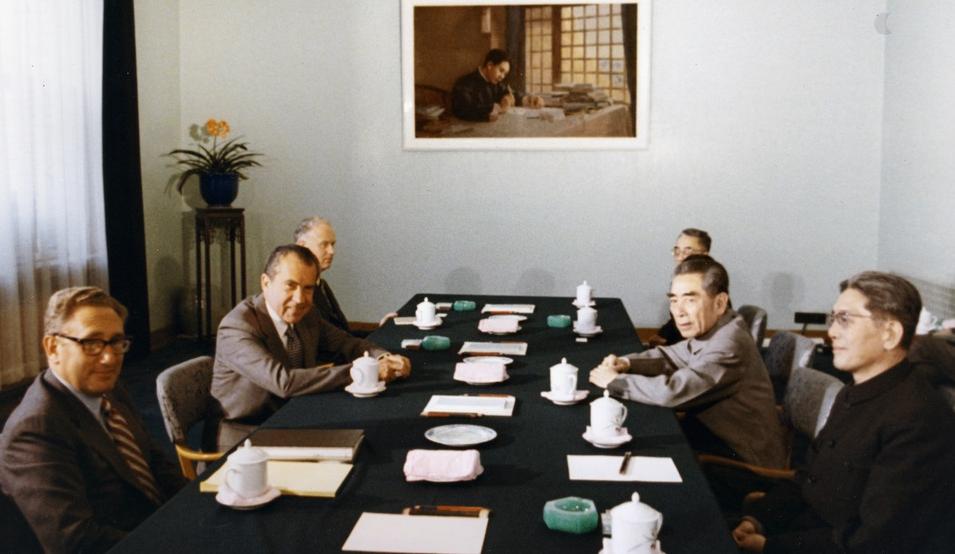
An Gang, Adjunct Fellow, Center for International Security and Strategy, Tsinghua University
Nov 19, 2020
Relations cannot return to the past, but the two countries can move forward to achieve a certain degree of balance. Giving up on the future will serve neither themselves nor the world.

Leonardo Dinic, Expert in Geopolitics and International Business, the Future of Work, and Emerging Technologies
Nov 17, 2020
The divide between Beijing and Washington is fundamentally rooted in ideological disagreement and the concept of American exceptionalism. But this concept has long been a guiding force within US foreign policy, and will not end simply with a new US President.

Tao Wenzhao, Honorary Member of the Chinese Academy of Social Sciences; Fellow, CASS Institute of American Studies
Nov 16, 2020
China-U.S. relations can be rebuilt under Joe Biden, but it’s important to be realistic about the domestic forces the newly elected U.S. president will face. Here are five suggestions to get the ball rolling.

Yang Wenjing, Research Professor, Institute of American Studies, CICIR
Nov 10, 2020
American society is almost evenly divided into tribal camps that show more signs of widening division than of reconciliation. China needs to be alert to the effects that can flow from a polarized United States.
Ted Galen Carpenter, Senior Fellow, Randolph Bourne Institute
Oct 27, 2020
Decoupling serves neither China nor the United States. Instead, it would impose grave economic costs on both countries at best and threatens a calamitous military clash at worst.

Wu Zurong, Research Fellow, China Foundation for Int'l Studies
Oct 21, 2020
Regardless who becomes the next president of the United States, a friendly and cooperative China policy should be his only choice. Confrontation produces no winners.
Ma Xiaoye, Board Member and Founding Director, Academy for World Watch
Oct 21, 2020
China and the United States identify areas of common interest and establish a reference framework for adjustments to bilateral ties. This is exactly the right place to focus additional effort.
Zha Daojiong, Professor, Peking University
Oct 13, 2020
China and the United States have long seen technology as both a sign of hope and a reason to worry. The impact of recent U.S. escalations against China remain to be seen.
An Gang, Adjunct Fellow, Center for International Security and Strategy, Tsinghua University
Oct 13, 2020
If Democrats take power in Washington, the wind for U.S. relations with China will likely start blowing in a much more favorable direction. China should trim its sails and seize the opportunity.
Cui Liru, Former President, China Institutes of Contemporary International Relations
Sep 18, 2020
The choice is clear: China and the United States can either find ways to make things tolerable or simply capitulated to ever-worsening relations and consequences that go beyond our imagination at the moment.
Back to Top

- China-US Focus builds trust and understanding between the U.S. and China through open dialogue among thought leaders.
- Our Offerings
- Topics
- Videos
- Podcasts
- Columnists
- Research Reports
- Focus Digest
- Stay Connected
-
Thanks for signing up!
- Get the latest stories from China-US Focus weekly.